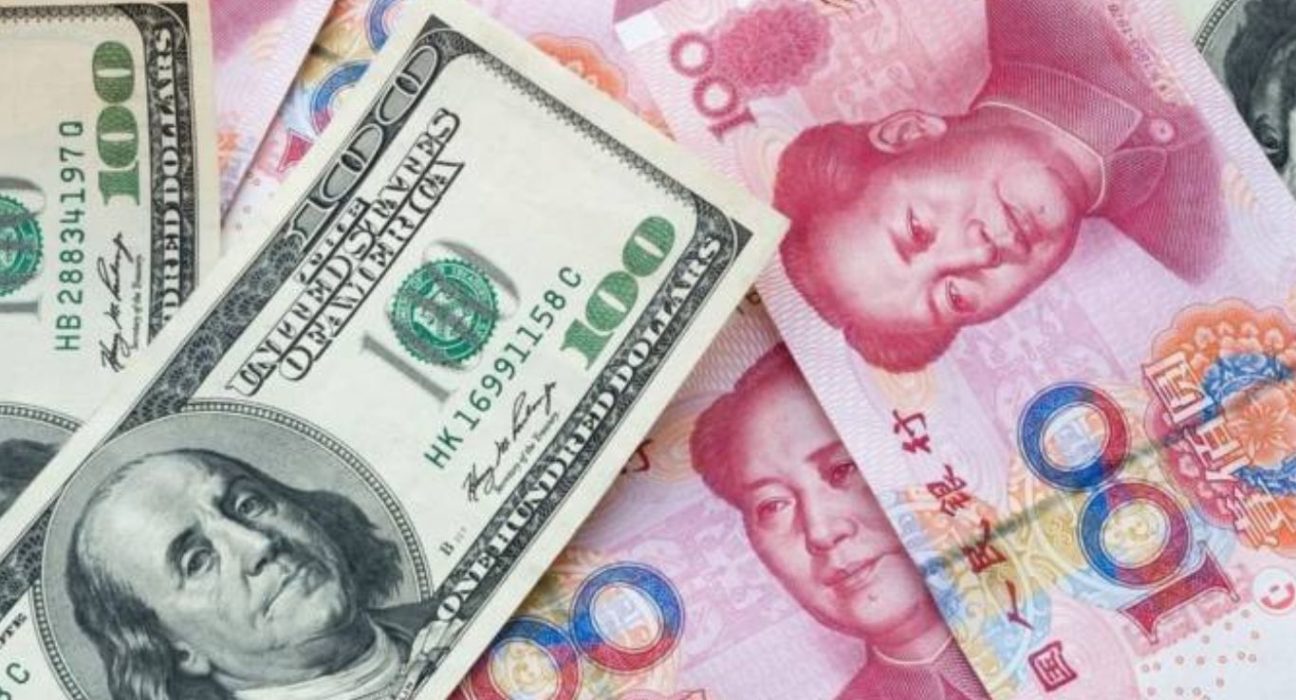The relationship between the United States dollar (USD) and the Chinese yuan (CNY) is subject to various factors, including monetary policies pursued by both nations. Currently, the contrasting stance of the monetary policies adopted by the United States and China has the potential to weigh on the USD/CNY exchange rate. Let’s examine the impact of these divergent policies and delve into the dynamics that may shape the performance of the Chinese yuan.
Divergence in Monetary Policies: Easing vs. Tightening
The United States Federal Reserve has recently adopted a monetary easing stance, aiming to support economic recovery and mitigate the impact of the COVID-19 pandemic. Through measures such as asset purchases and low interest rates, the Fed seeks to stimulate borrowing, investment, and consumption, thereby potentially weakening the USD.
On the other hand, the People’s Bank of China (PBOC) has adopted a tightening bias in its monetary policy. China’s central bank aims to control inflationary pressures, manage financial risks, and maintain stability in the domestic economy. Measures such as higher interest rates and liquidity tightening may contribute to a strengthening of the CNY.
Impact on USD/CNY Exchange Rate
The divergence in monetary policies between the United States and China can significantly influence the USD/CNY exchange rate. The relative attractiveness of each currency, based on the perceived direction of interest rates, affects investor sentiment and capital flows.
A monetary easing stance in the United States tends to reduce the yield on USD-denominated assets, potentially diminishing the attractiveness of the dollar and leading to capital outflows. Conversely, a tightening bias in China may increase the yield on CNY-denominated assets, attracting foreign capital and potentially strengthening the Chinese yuan.
Factors Shaping the Chinese Yuan’s Performance
Apart from monetary policies, several other factors can influence the performance of the Chinese yuan. China’s economic growth prospects, trade relations with the United States, geopolitical developments, and market sentiment all play a role in shaping the exchange rate.
Strong economic growth in China, backed by robust manufacturing and export sectors, can contribute to a strengthening of the Chinese yuan. Similarly, positive developments in trade negotiations or a reduction in trade tensions between China and the United States can improve market sentiment and bolster the CNY.
However, geopolitical uncertainties or trade disputes between the two economic powerhouses may create volatility and affect the USD/CNY exchange rate. It is crucial to closely monitor these factors to gauge the potential direction of the Chinese yuan.
Implications for Global Markets
The performance of the USD/CNY exchange rate holds significance not only for the United States and China but also for global markets. Fluctuations in the exchange rate can impact international trade, investment flows, and the competitiveness of industries in both countries.
A strengthening Chinese yuan can benefit Chinese exporters by reducing their production costs and increasing their global competitiveness. Conversely, a weaker USD can make US exports more attractive and potentially boost US industries.
Furthermore, the USD/CNY exchange rate is closely watched by investors and traders worldwide, as it reflects the relationship between the two largest economies. Changes in the exchange rate can have ripple effects on other currencies, commodities, and financial markets globally.
Conclusion
The divergent monetary policies pursued by the United States and China have the potential to impact the USD/CNY exchange rate. While the United States adopts a monetary easing stance, China leans toward tightening measures. The relative attractiveness of each currency, coupled with other factors such as economic growth and geopolitical developments, will shape the performance of the Chinese yuan.
It is essential for market participants and investors to closely monitor these dynamics and stay informed about the evolving monetary policies and factors influencing the USD/CNY relationship. The USD/CNY exchange rate holds implications for global markets and can influence trade, investment flows, and the competitiveness of industries in both the United States and China.










